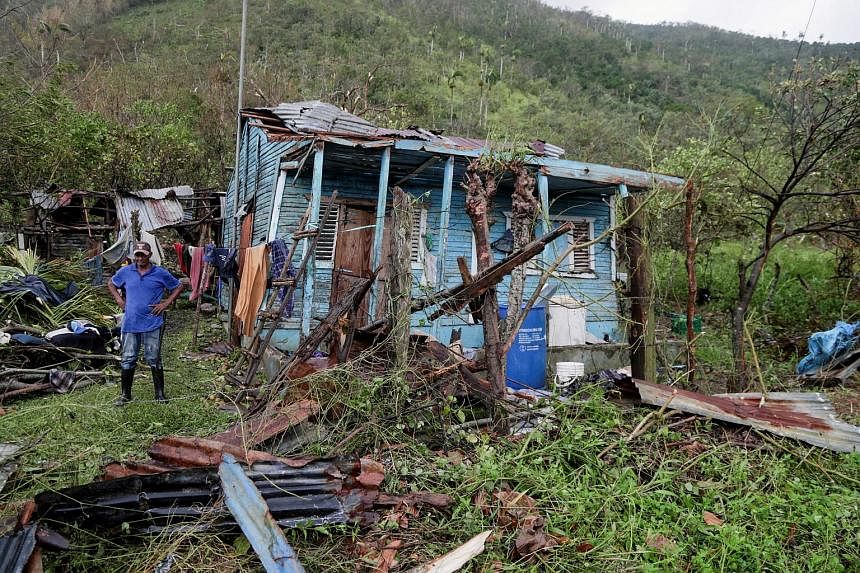LONDON - Small developing island states heavily exposed to the effects of climate change and often in critical debt situations spend at least 18 times more on debt servicing than they receive in climate finance, a report showed.
A group of 37 island states, home to some 65 million people, "urgently need to increase their fiscal space to tackle the multiple challenges and crises facing them," wrote Iolanda Fresnillo, one of the authors of the European Network on Debt and Development (Eurodad) report.
The Eurodad report found that the island states from Guinea-Bissau to the Dominican Republic to Samoa received just US$1.5 billion (S$2.15 billion) in climate finance between them between 2016-2020.
Over the same period, 22 of the nations paid more than US$26.6 billion to their external creditors, which comprises 50 non-governmental organisations, it said.
Public debt levels in the island states had risen from an average of near 66 per cent of GDP in 2019 to nearly 83 per cent in 2020 and were set to remain above 70 per cent until 2025, the report found.
This in turn meant governments needed to spend more revenue on debt servicing, with countries like Belize, Cape Verde, Dominican Republic, Jamaica, Maldives, Grenada and Papua New Guinea allocating between 15 per cent and 40 per cent to pay their external creditors, it said.
More countries had turned to the International Monetary Fund for help, with the number of countries having programmes with the fund jumping from three in 2019 to 20 between 2020 and 2021.
In June, the fund's executive board approved a US$60 million programme for Cape Verde while Barbados struck a deal for US$293 million in late September.
The report found that more than 80 per cent of the island states were in debt difficulties under criteria established by the IMF and World Bank Debt Sustainability Analysis, or by civil society groups Debt Justice UK and Jubilee Germany.
How to shore up fragile, smaller economies buckling under the strain of fallout from Covid-19 and Russia's war in Ukraine is poised to garner much focus this week when policy makers from around the globe gather in Washington for the annual IMF/World Bank meeting until Oct 16. REUTERS

